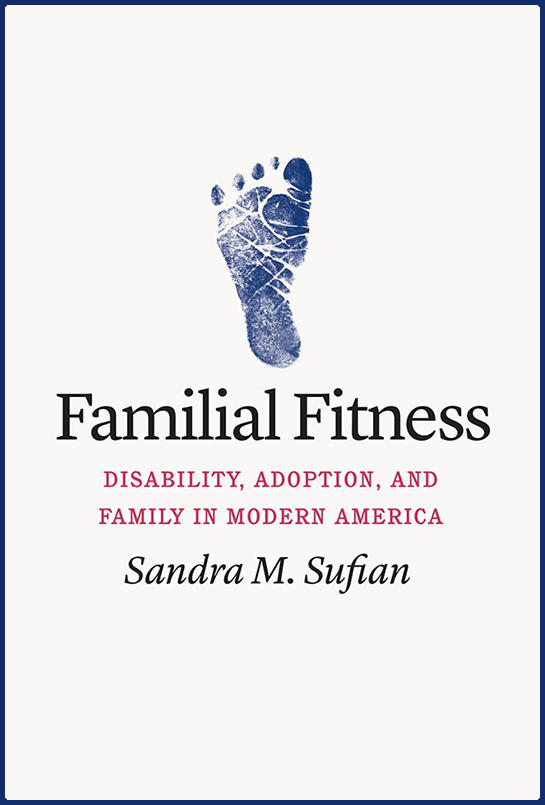Sandra M. (Sandy) Sufian
College of College of Medicine at Chicago | Medical Education/Disability and Human Development
Sandy Sufian
Sandy Sufian
Sandy Sufian is an associate professor of health humanities and history in the Department of Medical Education at UIC School of Medicine and associate professor of disability studies in the UIC Department of Disability and Human Development. Sufian received her doctorate from New York University in Middle East History and her Masters of Public Health in epidemiology and biostatistics from Oregon Health Sciences University.
Dr. Sufian specializes in the history of medicine and disability. She has published two books: Healing the Land and the Nation: Malaria and the Zionist project in Mandatory Palestine, 1920-1947 (U Chicago Press, 2007) and Reapproaching the Border: New Perspectives on the Study of Israel/Palestine (Rowman Littlefield, 2007). Sufian has most recently had published a book project about the history of disability and adoption in America in the twentieth century, Familial Fitness: Disability, Adoption and Family in Modern America (U Chicago Press, 2022). She teaches courses on the history of disability and the modern history of medicine and public health to medical students, PhD students and undergraduate students.
2

Sandy Sufian
Sandy co-organizes the Health and Society working group of the Institute for the Humanities and is the founder of the Global Network of Researchers on HIV/AIDS in the Middle East and North Africa.
Familial Fitness: Disability, Adoption And Family In Modern America

Familial Fitness: Disability, Adoption and Family in Modern America
University of Chicago Press
Disability and child welfare, together and apart, are major concerns in American society. Today, about 125,000 children in foster care are eligible and waiting for adoption, and while many children wait more than two years to be adopted, children with disabilities wait even longer. In ‘Familial Fitness’, Sandra M. Sufian uncovers how disability operates as a fundamental category in the making of the American family, tracing major shifts in policy, practice and attitudes about the adoptability of disabled children over the course of the twentieth century.